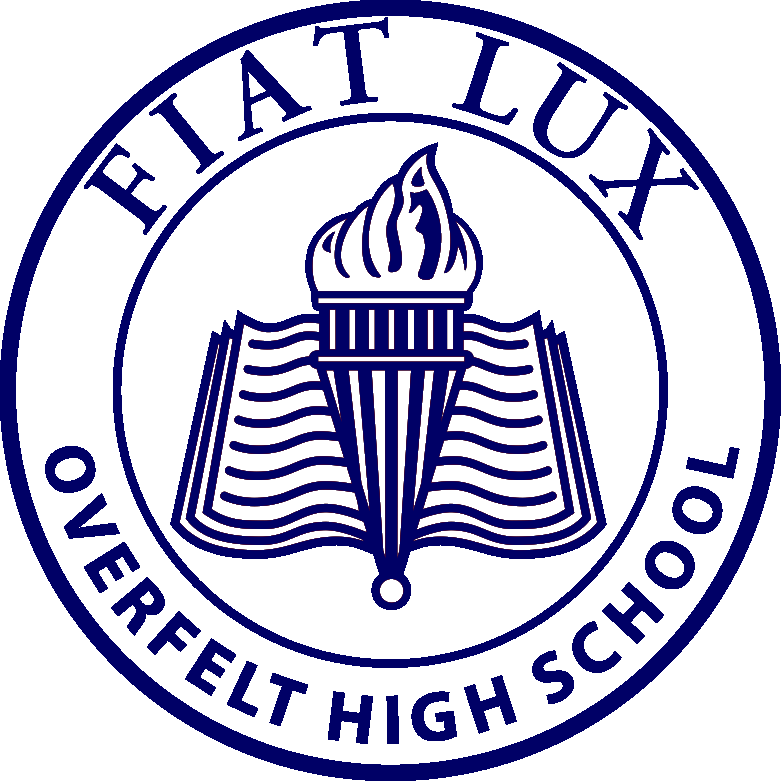


- Explain the context in which nationalistic and imperialistic sentiments developed in Europe from 1815 to 1914.
- European states struggled to maintain international stability in an age of nationalism and revolutions.
- The breakdown of the Concert of Europe opened the door for movements of national unification in Italy and Germany as well as liberal reforms elsewhere.
- The unification of Italy and Germany transformed the European balance of power and led to efforts to construct a new diplomatic order.
- A variety of motives and methods led to the intensification of European global control and increased tensions among the Great Powers.
- Industrial and technological developments (e.g., the second industrial revolution) facilitated European control of global empires.
- European ideas and culture expressed a tension between objectivity and scientific realism on one hand, and subjectivity and individual expression on the other.
- Following the revolutions of 1848, Europe turned toward a realist and materialist worldview.
- European states struggled to maintain international stability in an age of nationalism and revolutions.
 Explain how the development and spread of nationalism affected Europe from 1815 to 1914.
Explain how the development and spread of nationalism affected Europe from 1815 to 1914.
- Nationalists encouraged loyalty to the nation in a variety of ways, including romantic idealism, liberal reform, political unification, racialism with a concomitant anti-Semitism, and chauvinism justifying national aggrandizement.
- Illustrative Examples of Nationalists: J. G. Fichte, Grimm Brothers, Giuseppe Mazzini, Pan-Slavists
- Illustrative Examples of anti-Semitism: Dreyfus a air, Christian Social Party in Germany, Karl Lueger, mayor of Vienna
- While during the 19th century western European Jews became more socially and politically acculturated, Zionism, a form of Jewish nationalism, developed late in the century as a response to growing anti-Semitism throughout Europe.
- Illustrative Examples of Zionists: Theodor Herzl
- A new generation of conservative leaders, including Napoleon III, Cavour, and Bismarck, used popular nationalism to create or strengthen the state.
- The creation of the dual monarchy of Austria-Hungary, which recognized the political power of the largest ethnic minority, was an attempt to stabilize the state by recon guring national unity.
- Nationalists encouraged loyalty to the nation in a variety of ways, including romantic idealism, liberal reform, political unification, racialism with a concomitant anti-Semitism, and chauvinism justifying national aggrandizement.
 Explain the factors that resulted in Italian unification and German unification.
Explain the factors that resulted in Italian unification and German unification.
- The Crimean War demonstrated the weakness of the Ottoman Empire and contributed to the breakdown of the Concert of Europe, thereby creating the conditions in which Italy and Germany could be unified after centuries of fragmentation.
- Cavour’s diplomatic strategies, combined with the popular Garibaldi’s military campaigns, led to the unification of Italy.
- Bismarck used Realpolitik, employing diplomacy, industrialized warfare, weaponry, and the manipulation of democratic mechanisms to unify Germany.
 Explain how nationalist sentiment and political alliances led to tension between and among European powers from 1815 to 1914.
Explain how nationalist sentiment and political alliances led to tension between and among European powers from 1815 to 1914.
- After 1871, Bismarck attempted to maintain the balance of power through a complex system of alliances directed at isolating France.
- Bismarck’s dismissal in 1890 eventually led to a system of mutually antagonistic alliances and heightened international tensions.
- Nationalist tensions in the Balkans drew the Great Powers into a series of crises, leading up to World War I.
Reading 1: Pages 657-663
The France of Napoleon III:
Louis Napoleon: Toward the Second Empire
The Second Napoleonic Empire
Foreign Policy: The Mexican Adventure
Foreign Policy: The Crimean War
Reading 2: Pages 663-669
National Unification: Italy and Germany:
The Unification of Italy
The Unification of Germany
Reading 3: Pages 669-677
Nation Building and Reform:
The Austrian Empire: Toward a Dual Monarchy
Imperial Russia
Great Britain: The Victorian Age
The United States: Slavery and War [optional]
The Emergence of a Canadian Nation [optional]
Reading 4: Pages 677-680
Industrialization and the Marxist Response:
Industrialization on the Continent
Marx and Marxism
Reading 5: Pages 680-684
Science and Culture in an Age of Realism:
A New Age of Science
Charles Darwin and the Theory of Organic Evolution
A Revolution in Health Care
Science and the Study of Society
Reading 6: Pages 684-687
Science and Culture in an Age of Realism:
Realism in Literature
Realism in Art
Music: The Twilight of Romanticism
Chapter 22 Introduction
Chapter 22 Summary
Chapter 22 Glossary
Chapter 22 Reading Guide
Chapter 22 Outline
Chapter 22 Overview
Chapter 22 Old-Style M-C Test: Questions Answers
Chapter 22 Scan
Videos
Tom Richey
German Unification (Part I: The Failure of Liberal Nationalism)
German Unification (Part II: Bismarck's Realpolitik)
German Unification (Part III: Blood and Iron)
Auguste Comte: Positivism and the Three Stages (European Philosophers)
Paul Sargent
Who Was Napoleon III?
Italian Unification
German Unification
19th Century Realism
Crash Course
Italian and German Unification
Zola, France, Realism, and Naturalism